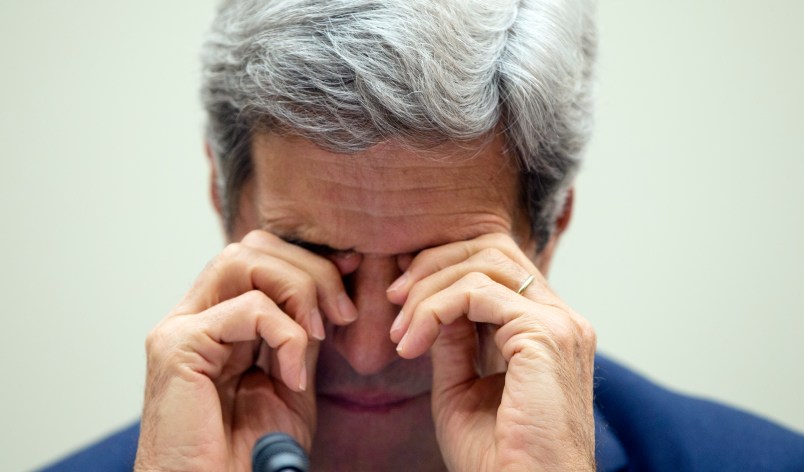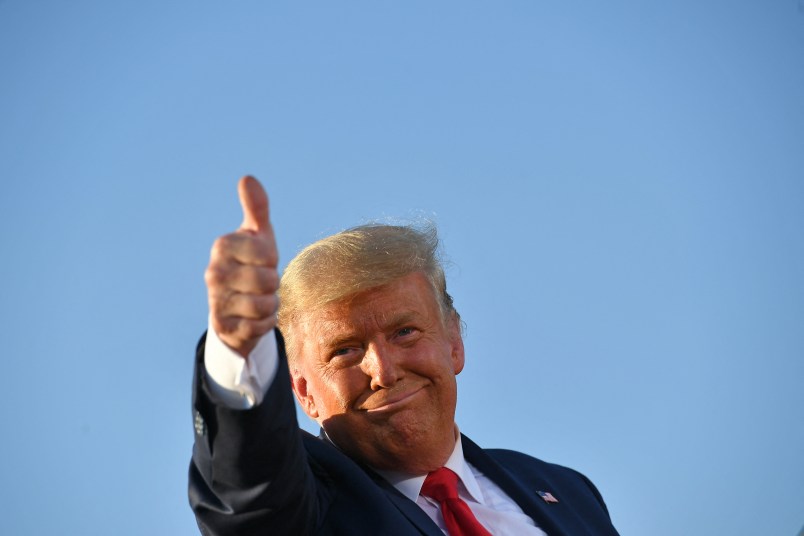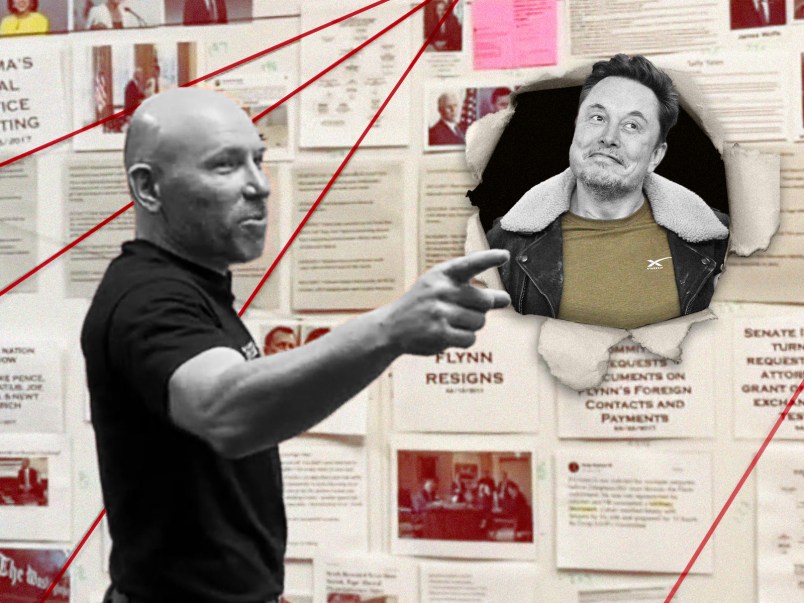WASHINGTON (AP) — With a late-November deadline approaching, America’s top diplomat is plunging back into Iranian nuclear talks with one eye on his adversary and the other on developments at home, as pressure rises in Washington for a deal ensuring the Islamic republic cannot become a nuclear state.
The prospect of a Republican takeover of the Senate means Secretary of State John Kerry will be on a tight leash.
Kerry, European Union negotiator Catherine Ashton and Iranian Foreign Minister Mohammad Javad Zarif will gather in Vienna next week, diplomats say. Another negotiating round is expected shortly after to include Britain, China, France, Germany and Russia. They all have seven weeks to seal a comprehensive accord easing economic sanctions on Iran for curbs on its nuclear program. Failure could mean the process falling apart.
But there is no guarantee negotiators can reach a historic compromise. Iran has invested billions in its nuclear infrastructure and says it won’t dismantle a program of energy production that it considers its inherent right. Hawks in the U.S., Israel and elsewhere fear world powers are making too many concessions, leaving Iran on the threshold of developing nuclear weapons and destabilizing the Middle East and beyond.
U.S. and European negotiators hope that capping Iran’s uranium centrifuges at a few thousand, forcing Tehran to redesign a potential plutonium plant and guaranteeing strict inspections of Iranian sites could be parts of a solution.
The diplomats at the table aren’t simply negotiating with one another. Iran’s moderate-leaning President Hassan Rouhani must sell any deal his representatives reach to hardliners at home and win the blessing of Ayatollah Ali Khamenei. President Barack Obama must do likewise with Congress.
For Iran, the fear is that the goalposts of any understanding with the U.S. could be shifted once a plan is presented to American lawmakers — a possibility that becomes more likely if Republicans take the Senate majority in next month’s midterm elections.
Rouhani gave an optimistic assessment of the talks Wednesday, saying only details separate the two sides. Meanwhile, Iranian dissidents accused his government of secretly moving sensitive research facilities to hide them from the West.
Whereas the pressure on the Obama administration over its Iran strategy was once bipartisan, it is now more divisive. Republicans are impatient with the lack of progress a year after an interim agreement with Iran that many of them opposed. They’ve tried to attach Iran legislation to unrelated Senate bills, only to be rebuffed by Democratic leaders. After their own bruising battles with the administration, Democratic hawks are avoiding a fight for now.
Several Democratic aides, who weren’t authorized to speak publicly on the matter and demanded anonymity, said part of the shift in their thinking reflects an understanding that the “good cop, bad cop” approach the administration and Congress had used as a form of leverage with the Iranians may no longer be helpful.
If the Iranians are convinced that Obama can’t deliver a permanent deal sealed by Congress, they have less incentive to permanently roll back uranium and plutonium programs to levels demanded by world powers. Obama will be out of office in January 2017. Without congressional action, all his temporary steps to ease financial pressure on Iran can be quickly reversed then.
In discussions with the Iranians, diplomats say, American officials have downplayed suggestions U.S. lawmakers could scuttle a deal. However, Congress can prevent Obama from making the exchange more far-reaching, which the Iranians are almost surely taking into account at the negotiating table.
Nearly all U.S. sanction provisions on Iran allow for presidential waivers. Any sanctions introduced through executive orders by Obama or previous presidents can be superseded with new orders. And the executive branch has broad flexibility over how it chooses to enforce sanctions. For example, the U.S. has done nothing in response to data that suggests Iran crossed levels of oil exportation permitted under last year’s interim deal.
But the president needs cooperation on Capitol Hill to permanently void any of the wide-ranging U.S. sanction laws in place on Iran.
A recent letter expressing concern with one of the latest reported U.S. offers in the talks garnered 31 Republican signatures but no Democratic ones. However, last week more than 350 House members — many were Democrats — signed a letter criticizing Iran’s level of cooperation with international nuclear inspectors.
Republicans are speaking out because they say the U.S. position in talks is weakening, which they cite as part of a broader critique of the president’s foreign policy. They want to hold the U.S. negotiating team’s feet to the fire, partly out of suspicion that Obama might present a “bad deal” to a lame-duck Congress to avoid facing a GOP Senate majority next year — when Republicans would see their leverage increase over a lame-duck administration.
American officials familiar with the nuclear discussions say the administration has tried to reassure Iran it can deliver on an agreement. A new supreme leader in Iran could still reverse a deal. Khamenei, who was recently hospitalized, has been ambiguous about his support for nuclear diplomacy.
No fixed date has been set for Kerry’s meeting with Ashton and Zarif, which will occur after the U.S. secretary of state attends a reconstruction conference for the Gaza Strip this weekend in Cairo.
___
Follow Bradley Klapper at https://twitter.com/bklapper and Matthew Lee at https://twitter.com/APDiploWriter
Copyright 2014 The Associated Press. All rights reserved. This material may not be published, broadcast, rewritten or redistributed.









